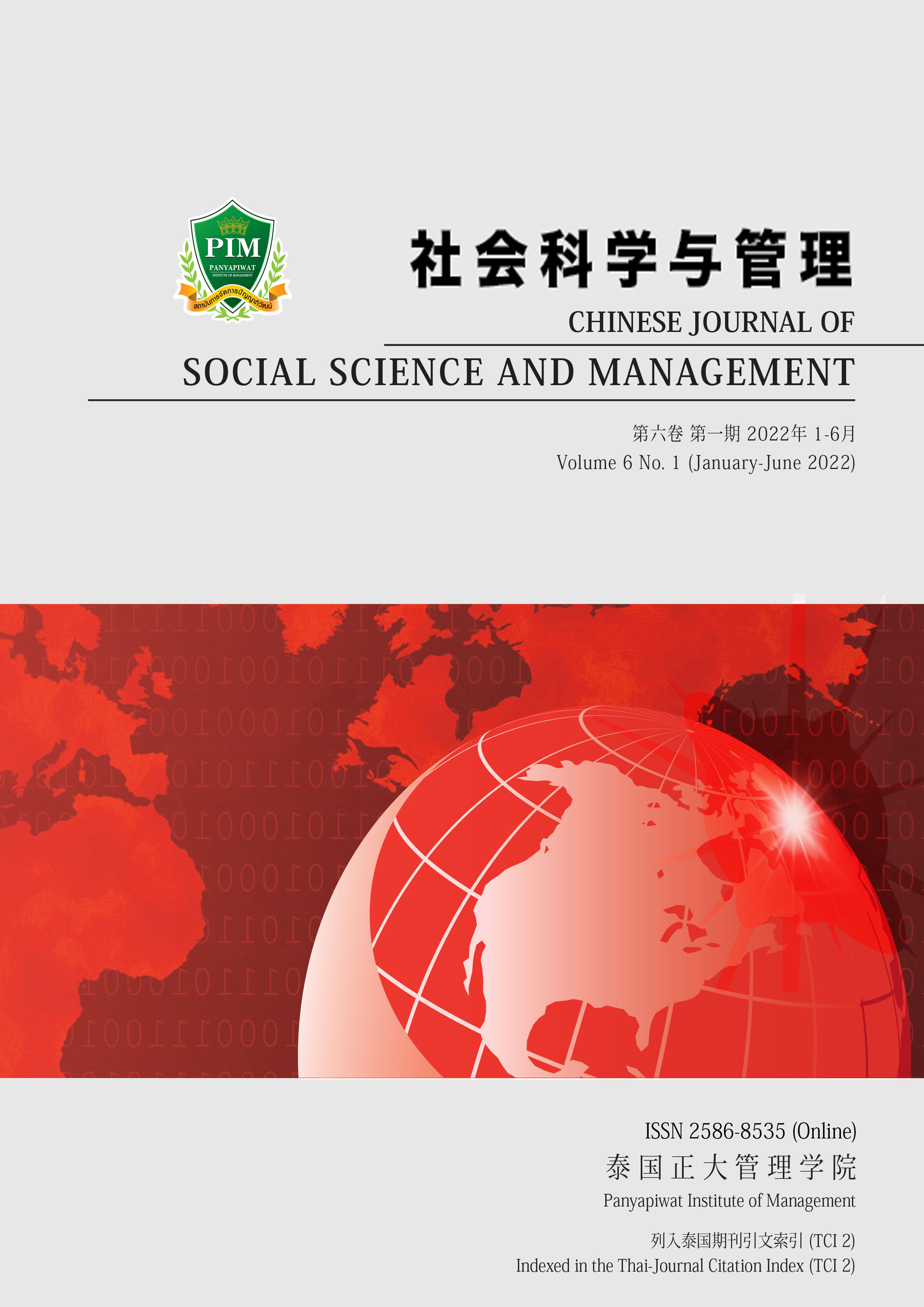COMPARATIVE ANALYSIS OF JOB SATISFACTION AND AUTONOMY OF EMPLOYEES IN DIFFERENT REGIONS OF MAINLAND CHINA
Main Article Content
Abstract
Based on hygiene-motivational factors, this paper discussed the influence of the employee’s job autonomy on job satisfaction. This divided job satisfaction into three dimensions: job health satisfaction, job incentive satisfaction, and overall job satisfaction. Due to the changes in the main contradictions of Chinese society in the new era, this article empirically explored the impact of employee autonomy on job satisfaction in Eastern China, Central China, and Western China in the context of uneven regional development in mainland China, and compared their differences. The study found that regardless of the region, to improve employee’s job satisfaction, attention should be paid to the employee’s education level and class identity. In addition; the job autonomy of employees in the Eastern region, Western region, and Central region had a significant impact on their job satisfaction, and there were significant dimensional differences between the regions.
Article Details

This work is licensed under a Creative Commons Attribution-NonCommercial-NoDerivatives 4.0 International License.
Chinese Journal of Social Science and Management Editorial Division
The Office of Research and Development, Panyapiwat Institute of Management
85/1 Moo 2, Chaengwattana Rd., Bang Talat, Pakkred, Nonthaburi 11120, Thailand
Tel. 02 855 01048 E-mail: cjssm@pim.ac.th
References
Breaugh, J. A. (1985). The measurement of work autonomy. Human Relations, 38(6), 551-570.
Brief, A. P. (1998). Attitudes in and around organizations (Vol. 9). SAGE Publications. Cammann, C., Fichman, M., Jenkins, D., & Klesh, J. (1983). Michigan organizational assessment questionnaire. In S. E. Seashore, E. E. Lawler, P. H. Mirvis, & C. Cammann (Eds.), Assessing organizational change: A guide to methods, measures and practices (pp. 71-138). Wiley-Interscience.
Deng, C. P., Liu, X. J., & Mao, J. Y. (2018). The influence of challenge and interdiction stressors on the result of boundary crossing--the moderating mediating effect of IT employees’ stress learning. Management Review, 30(7), 148-161. [in Chinese]
Gan, X. M. (2019). The relationship between job autonomy, the nature of organizational ownership and job satisfaction: An empirical study from the perspective of intergenerational comparison. Forum on Administrative Science, (6), 49-53. [in Chinese]
Hackman, J. R., & Oldham, G. R. (1975). Development of the Job Diagnostic Survey. Journal of Applied Psychology, 60(2), 159-170.
Hong, R. L., & Yu, Q. (2017). The influence mechanism of initiative personality on job satisfaction from the perspective of leader subordinate interaction. East China Economic Management, (3), 140-145. [in Chinese]
Hu, F. (2017). Why are entrepreneurs more satisfied with their work-income or autonomy? World Economic Journal, (2), 16-28. [in Chinese]
Kirmeyer, S. L., & Shirom, A. (1986). Perceived job autonomy in the manufacturing sector: Effects of unions, gender, and substantive complexity. Academy of Management Journal, 29(4), 832-840.
Robert, K. (1994). The relationship between importance and achievement of work values and job satisfaction. Perceptual & Motor Skills, 79(1), 595-605.
Wang, J. W. (2017). The difference of job satisfaction between the “post-80s” and “post-70s” - based on the perspective of career segmentation. Journal of Harbin University of Technology (Social Science Edition), 19(5), 66-73. [in Chinese]


